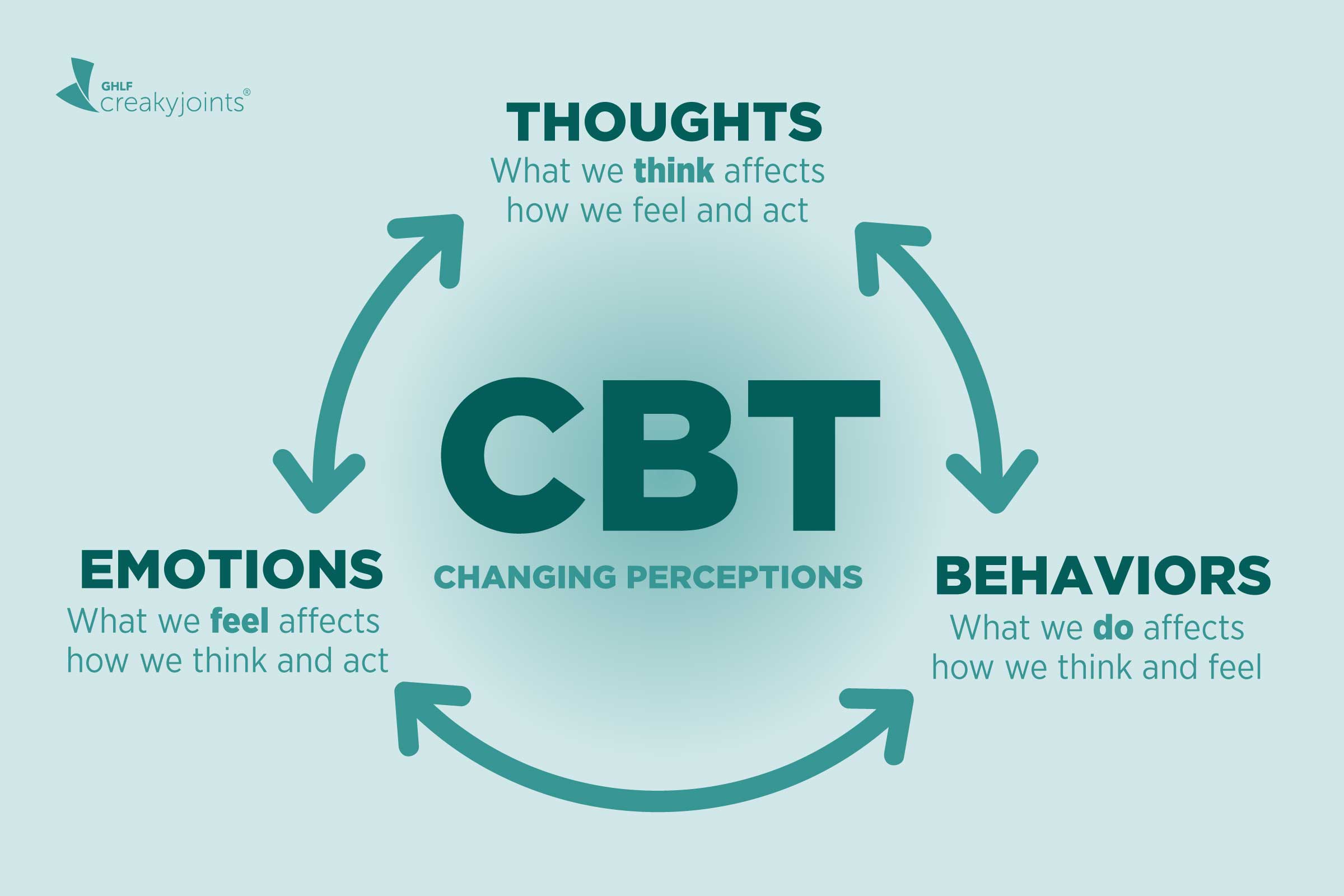Mindfulness, a concept rooted in ancient meditative traditions, has gained significant traction in contemporary mental health treatment. It involves cultivating a present-moment awareness that emphasizes acceptance and non-judgment. As therapy methods evolve, mindfulness has become a cornerstone in addressing various mental health concerns. Its integration into modern therapeutic techniques, such as Mindfulness-Based Stress Reduction (MBSR) and Dialectical Behavior Therapy (DBT), reflects its effectiveness in enhancing emotional regulation and overall well-being.
This article explores the transformative role of mindfulness in therapy, its applications, and why it resonates in today’s fast-paced world.
Understanding Mindfulness and Its Core Principles
What Is Mindfulness?

Mindfulness refers to the practice of focusing attention on the present moment, observing thoughts, emotions, and sensations without judgment. Originating from Buddhist traditions, it has been adapted for psychological use to improve mental health outcomes. By fostering awareness, mindfulness helps individuals break free from habitual thought patterns that contribute to stress, anxiety, and depression.
Core Principles in Therapeutic Settings
In therapy, mindfulness is built upon principles like intentional focus, acceptance, and patience. It encourages clients to embrace their experiences without attempting to suppress or alter them. This approach promotes self-compassion and empowers individuals to respond to challenges with greater clarity and resilience.
How Mindfulness Enhances Therapy Outcomes
Reducing Stress and Anxiety

Mindfulness-based practices have been widely recognized for their ability to reduce stress and anxiety. Techniques like deep breathing and guided meditation encourage relaxation, calming the nervous system and lowering cortisol levels. Research shows that mindfulness improves symptoms of generalized anxiety disorder (GAD) by helping individuals observe anxious thoughts without becoming overwhelmed by them.
Enhancing Emotional Regulation
One of the significant benefits of mindfulness in therapy is its role in emotional regulation. By fostering awareness, clients can identify and manage emotions more effectively. Therapies like Acceptance and Commitment Therapy (ACT) utilize mindfulness to teach clients how to detach from negative thoughts, reducing their impact on behavior and decision-making.
Supporting Trauma Recovery

Mindfulness is particularly beneficial in trauma-focused therapies. Practices like grounding exercises help individuals stay present during moments of distress, reducing the risk of emotional reactivity or flashbacks. Trauma-sensitive mindfulness offers survivors tools to reconnect with their bodies and emotions in a safe, controlled manner.
Applications in Modern Therapy Practices
Mindfulness-Based Stress Reduction (MBSR)
Developed by Dr. Jon Kabat-Zinn, MBSR is an evidence-based program that combines mindfulness meditation and yoga to address stress, pain, and mental health challenges. Participants learn techniques to cultivate present-moment awareness, improving their overall quality of life. MBSR has proven effective for conditions like chronic pain, PTSD, and depression.
Cognitive Behavioral Therapy (CBT) Integration

Mindfulness is increasingly incorporated into CBT frameworks to address ruminative thinking patterns. Mindfulness-Based Cognitive Therapy (MBCT), for example, combines mindfulness exercises with cognitive strategies to prevent depressive relapse. This approach enhances clients’ ability to disengage from negative thought spirals and fosters adaptive coping mechanisms.
Dialectical Behavior Therapy (DBT)
DBT, commonly used for borderline personality disorder and emotional dysregulation, incorporates mindfulness as a foundational skill. Clients learn to observe and describe their internal experiences without judgment, helping them navigate intense emotions more effectively.
Why Mindfulness Is Relevant Today
Adapting to a Fast-Paced World

Modern lifestyles, characterized by constant connectivity and information overload, contribute to rising rates of stress and burnout. Mindfulness offers an antidote by encouraging intentional disconnection from distractions and a return to the present. It provides tools to cultivate balance in a world that often demands multitasking and high productivity.
Promoting Workplace Mental Health
Mindfulness programs are increasingly implemented in workplace settings to support employee well-being. Techniques like mindful breathing and body scans improve focus, reduce stress, and enhance interpersonal relationships. Organizations recognize mindfulness as a way to boost productivity while prioritizing mental health.
Expanding Accessibility Through Technology

The rise of mindfulness apps and online programs has made this practice accessible to a broader audience. Platforms like Headspace and Calm offer guided meditations, making mindfulness an integral part of self-care routines for millions worldwide. This accessibility aligns with the growing demand for digital mental health solutions.
The Future of Mindfulness in Therapy
Integration with Neuroscience
Advancements in neuroscience highlight mindfulness’s impact on brain function. Research shows that mindfulness practices strengthen the prefrontal cortex, improve emotional regulation, and decrease activity in the amygdala, the brain’s fear center. These findings bolster the use of mindfulness as a scientifically validated therapeutic tool.
Cultural Sensitivity in Practice
As mindfulness becomes mainstream, therapists are striving to adapt its principles in ways that respect cultural differences. Tailoring practices to align with diverse client backgrounds ensures that mindfulness remains inclusive and relevant.
Emerging Research and Applications
Ongoing research continues to uncover new applications for mindfulness in areas like addiction recovery, relationship counseling, and eating disorder treatment. These developments point to a future where mindfulness plays a central role in holistic health care.
Conclusion
Mindfulness has revolutionized therapy by offering clients practical tools to navigate life’s challenges with greater awareness and resilience. Its integration into modern practices reflects its versatility and efficacy in improving mental health outcomes. As mindfulness continues to evolve, it holds the promise of shaping the future of therapy, fostering a more compassionate and connected approach to mental well-being.
What mindfulness practices have you tried, and how have they impacted your mental health journey? Share your experiences or explore our resources for personalized tips on integrating mindfulness into your daily life. Let’s start the conversation on our website!

Leave a Reply